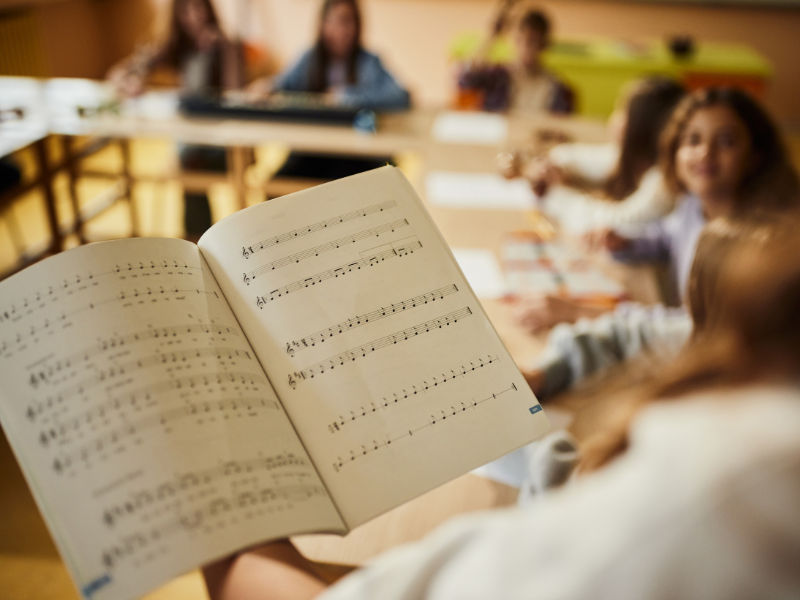Why studying music and the brain is so fascinating, and so difficult

Music is food for the brain and, consequently, the food of neuroscience. Studying how the brain processes music and how music changes the brain has fascinated neuroscientists for almost 30 years. But these two types of studies, how the brain processes music and how music changes the brain, are also very difficult.
“The problem is that there are often external factors that are difficult to control that could affect the results of these studies — including the background, age and musical experience of the participants themselves.” These factors can also change our brains. Actually, every experience we have has the capacity to change our brains, so trying to nail down all the external factors so that you can say, for sure, that music impacted the brain in the way you think is extremely difficult.
One of the interesting studies highlighted in this article looks at “uncertainty and surprise” in music. These are the moments when we think we know what is coming in the music and then the writer or composer hits us with something unexpected or unusual. Our brain can both dislike that we didn’t get what we were expecting and enjoy that we didn’t get what we were expecting. It turns out our choice of reaction can be heavily influenced by all those external factors like background and age.
So instead of a typical human reaction, we start to see the multitude of human reactions to the same stimulus. Music feeds our understanding of the world inside our heads.
Free Easter campaign download with posters and social tiles to help students understand the value of music learning.
What if you could advocate for music education without adding more work to your already packed schedule?
Engaging in musical activities offers profound benefits for our brains, enhancing various cognitive functions and emotional well-being.
While there can only be one winner of the BBB Music Teacher Award, we also recognize the outstanding efforts of our 2025 Runner-Up, Ruby Mensforth—a teacher whose dedication to fostering a love of music has left a lasting impact on her students.
Playing an instrument or singing in a choir isn’t just fun—it’s great for brain health too. A recent study found that people with musical experience have stronger memory and thinking skills than those without.
For many music teachers, March means concert season, assessment planning, and advocating for the importance of music education as budgets and schedules for next year take shape.
We know that speaking up for music in schools can feel overwhelming—but you don’t have to do it alone.
If you've ever conducted or played in an ensemble, you’ve likely felt it—that moment when everything clicks, the music soars, and your group performs at a level beyond anything you thought possible.
The World Economic Forum's Future of Jobs Report 2025 highlights the critical skills that will define the workforce of tomorrow.
A recent study in Ear and Hearing investigated how aging and hearing loss influence music perception, focusing on melody and timbre discrimination.
A new study in the Journal of Neuroscience reveals that our brains start processing rhythm as early as 27 weeks into pregnancy.
The 2025 Celebrate to Advocate Calendar is your go-to guide for making advocacy effortless this year!
A recent study from Waseda University has uncovered that when individuals listen to music, their heart rates synchronize, reflecting a unified physiological response.
A groundbreaking study in Nature Human Behaviour has revealed a fascinating genetic connection between musical rhythm skills and language-related traits, including dyslexia.
Recent research from the Georgia Institute of Technology has unveiled compelling insights into how music affects learning, memory, and emotions.
A recent study from Aarhus University reveals that while older adults can remember familiar music as well as younger individuals, their brains engage differently during the process.
Take our free, 60 second quiz and maximize your advocacy impact by discovering your advocacy style and knowledge gaps.
Thank you for a wonderful 2024! Here’s a little gift from BBBB to you.
Music has always been a go-to for lifting our spirits, but did you know classical music might take it a step further by actually helping treat depression?



















